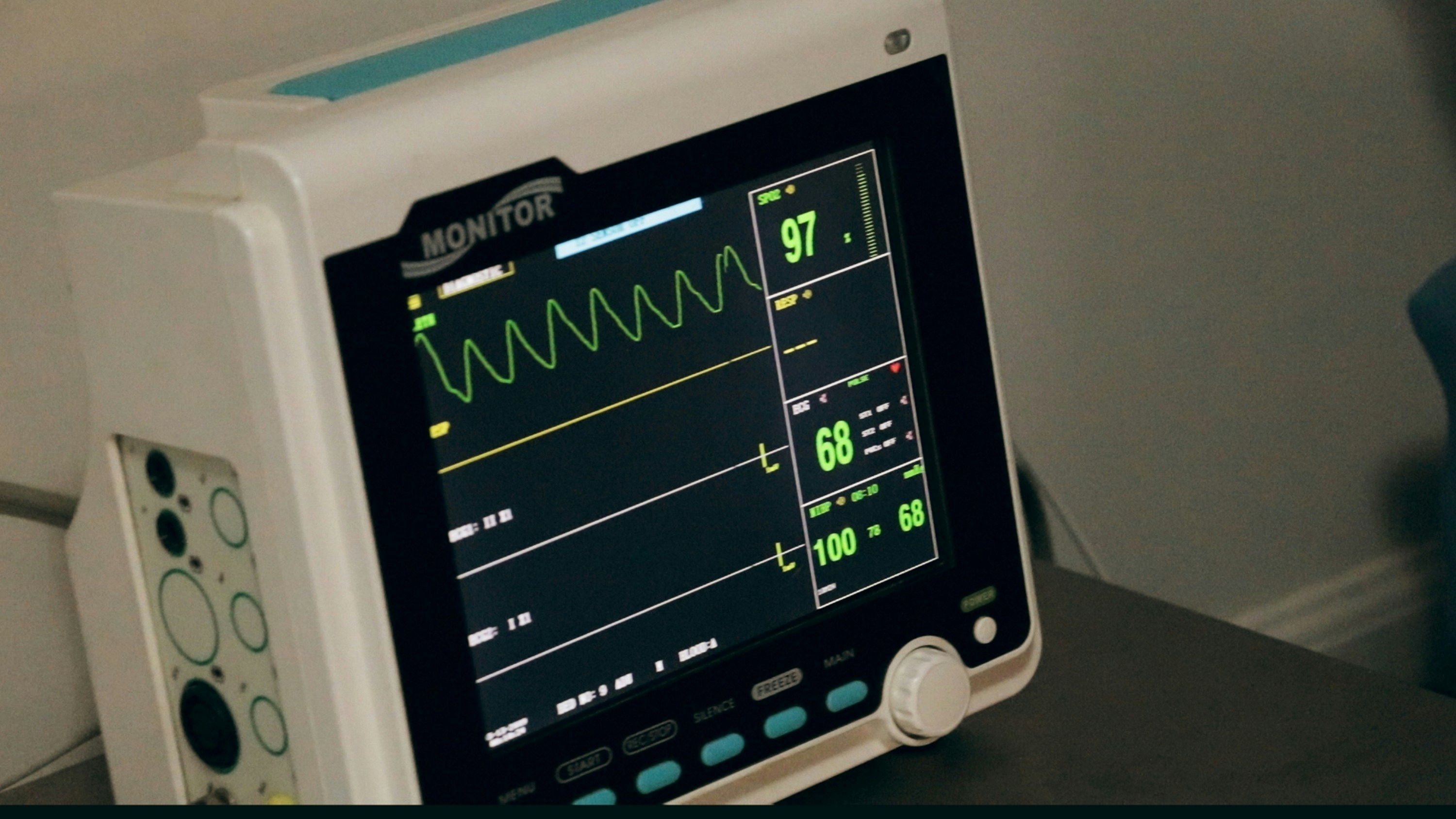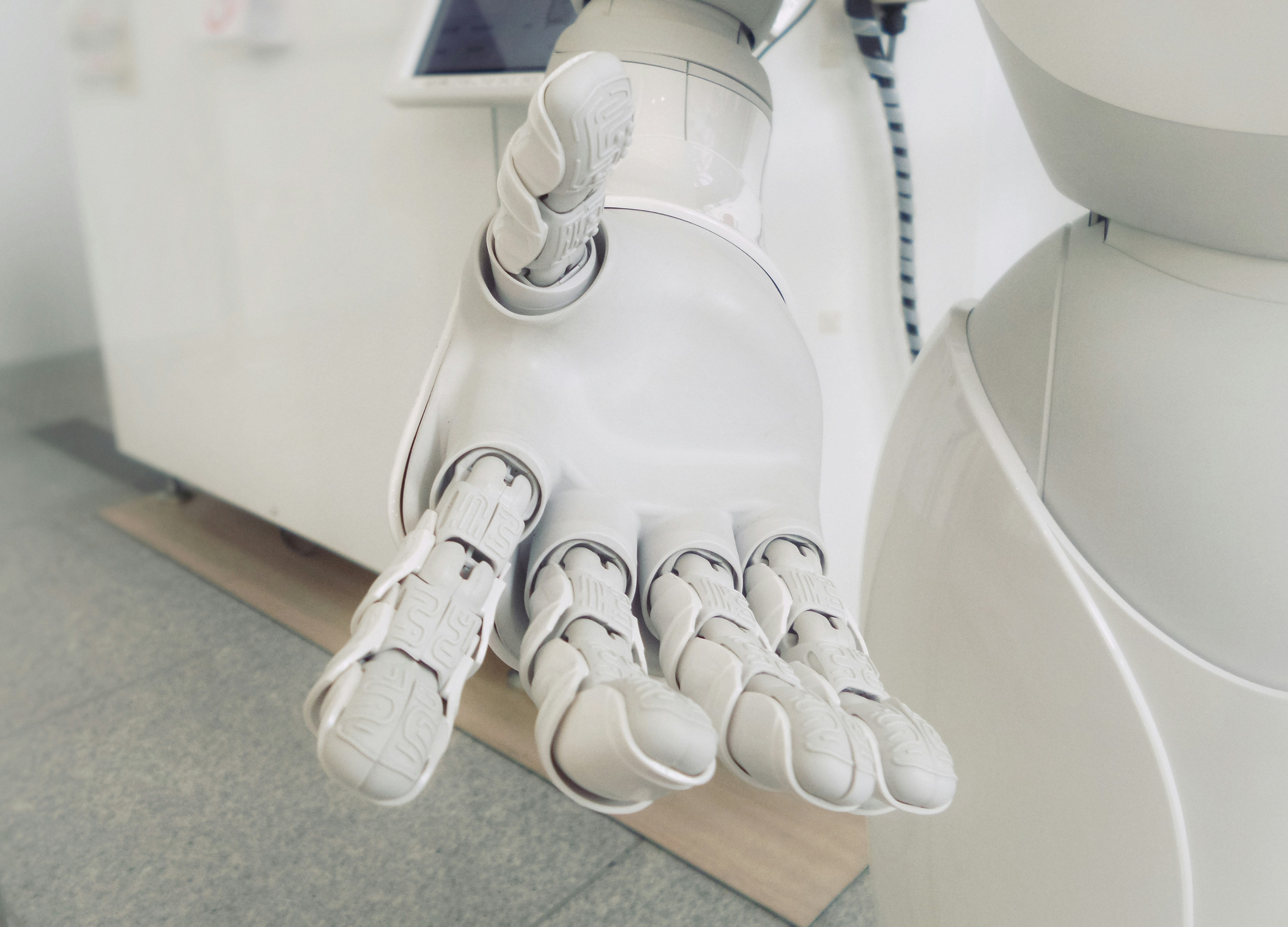Holy Grail of Healthcare: The Physical & Mental Benefits of Digital Tech

Nearly every industry is undergoing a technological revolution with the advancement of computers and digitization, especially healthcare. Whether it be mobile medical apps, digital databases, or software that supports doctors and other healthcare staff—digital health tools are life-changing and here to stay.
Whether you’ve already started a career in healthcare, or are studying courses like online accelerated BSN programs, it’s important to understand digital tech and how it’s evolving the industry. Digital technology is a general term that refers to any electronic tools, digital devices, systems, and resources that an organization utilizes.
Digital technology for medical use is commonly referred to as digital health or digital healthcare. It’s a multidisciplinary concept that can refer to electronic medical records or software, hardware, mobile apps, telehealth, and telemedicine.
It’s hard to ignore the physical and mental benefits that digital tech offers—but is it the holy grail for healthcare? This post will explore digital tools in the medical space and its future.
The global IT industry
Before delving into digital healthcare, it helps to understand the rapid growth of digital technology and the IT industry as a whole. Statista reports that the demand for digital or computerized devices is growing, with global IT spending expected to increase to $5 trillion USD by the end of 2024.
Organizations worldwide are adopting digital technology to increase employee productivity and efficiency. General benefits of digital technology for efficiency include minimizing the risk of human error, accelerating employee onboarding, and streamlining tasks.
With the IT industry rapidly expanding and technology advancing at incredible rates—what does this mean for the medical industry? Digital healthcare exists for both patients and clinicians and is innovating rapidly every day—helping save time and improve accuracy.
Examples of digital health tools
Digital health tools exist for every user level—from personal to commercial and professional use. If you were to walk into a doctor’s clinic, you would be able to find examples of digital health tools everywhere.
From data management and booking software on the receptionist’s computer to the program that the physician uses to record information. Even tools, for instance, like blood pressure monitors or electrocardiogram (ECG) count as digital tech.

Image Credit: Jair Lázaro on Unsplash
More than likely, you’d be able to find examples of digital health tech in your pocket, too. If you have any apps that track your fitness information, such as steps, or even apps for pharmacy scripts—those are digital health tools. Most people don’t realize it, but digital healthcare has become integral to our everyday lives.
One of the most life-changing digital health tools is electronic health records (EHR). It revolutionized modern healthcare through centralizing patient health records. EHR improves accessibility as well as sharing information between healthcare professionals and facilities.
Other notable digital health tools include:
- Telehealth/telemedicine platforms
- Health tracking apps (sleep patterns, nutrition, physical activity, etc.)
- Mental health apps
- Chatbots/virtual assistants
- Artificial intelligence for medical analysis
Digital mental health
The mental health space has benefitted greatly from digital technology. Digital technology has helped improve access to mental health resources, and make it more accessible to people in remote areas—or people with limited mobility.
Digital mental health tools come in a variety of forms, offered online, on computers, and other personal devices such as phones. For example, online counseling services, virtual meetings, and mobile phone apps to track mood and other indicators.
One of the biggest benefits of digital mental health tools is the ability for early detection. Apps that track user mood and behavior patterns can analyze the data and identify any potential issues early on. This can come in the form of apps or even wearable devices, such as smartwatches.
Digital mental health tools are also helping bridge the gap between the supply versus demand for mental health services. Currently, there is a shortage of mental health professionals versus the people who need mental health support.
For example, did you know in 2023 42% of adults in the United States reported having a diagnosable mental health condition—but couldn’t afford access to treatment? While digital mental health tools aren’t a replacement for professional treatment, they can be an affordable resource for the interim.

Image Credit: Possessed Photography on Unsplash
Artificial intelligence in healthcare
There has already been a rise in the use of artificial intelligence (AI) and machine learning in the entertainment as well as technology industry—but what about healthcare? AI is already being deployed in the medical field, and the potential is only growing.
Artificial intelligence has the potential to transform many aspects of patient care on a professional and personal level. For example, there are research studies that suggest AI can perform as well as or better than humans when it comes to diagnosing diseases.
Artificial intelligence could be used as a tool for administrative tasks, too. This would minimize the possibility of human error, and also be more efficient and productive. AI for administrative tasks, for instance, working with information systems or records is also inexpensive and easy to program compared to other AI tools.
For any healthcare professional, the growth, and potential of artificial intelligence looks like a holy grail. Medical professionals are famously overworked, and AI tools could help cut down the workload, allowing for better work conditions and shorter hours.
Healthcare’s holy grail
Digital health has the power to positively impact the entire industry—everyone from the patients to healthcare providers and professionals. Key benefits include:
- Making healthcare more affordable and accessible
- Expanding the reach of healthcare to marginalized and rural communities
- Decreasing healthcare costs for patients and professionals
- Improving patient health outcomes
- The possibility to increase patient health literacy
- Empowering patients to monitor their health indicators (e.g. sleep and fitness)
- Improved diagnoses through artificial intelligence
While it might take years for some digital technology, such as artificial intelligence, to be commonplace—others have already revolutionized the industry. For example, smartwatches can be used as a tool to monitor fitness levels including heart rate, sleep, and stress.
Electronic health records have also shaped the future of healthcare permanently. It’s changed the way organizations record information, how doctors access it, and how patients can receive it.
Digital technologies are ever-expanding, and it’s already found its place in healthcare. The advancements in digital health in the past decade alone have been incredible, and its power to increase the quality of healthcare is undeniable.
(Devdiscourse's journalists were not involved in the production of this article. The facts and opinions appearing in the article do not reflect the views of Devdiscourse and Devdiscourse does not claim any responsibility for the same.)










